Apple has tightened the integration between macOS and Apple Silicon with Big Sur, bringing a much snappier, smoother, and more versatile experience to the Mac.
During its Nov. 10 "One more thing" event, Apple showed off some of the benefits of that tight integration between its own software and hardware.
For example, Apple said that devices with an M1 chip will instantly wake from sleep like an iPhone or an iPad. Launching apps will be "nearly instantaneous," while Safari will be about 1.5 times faster when running JavaScript and 1.9 times more responsive in general. All in all, the entire macOS Big Sur on an M1 chip will be snappier, more responsive, and generally soother.
Additionally, Big Sur on Apple Silicon will bring a number of new security features like hardware-verified secure boot, automatic high-performance encryption, and macOS run-time protections.
Apple also showed off new Universal Apps that include a native binary for Apple Silicon and Intel. Both app versions will be able to be downloaded in one fell swoop from the App Store or the web.
The Cupertino tech giant also reiterated that Rosetta 2 will allow Intel-based apps to run on Apple Silicon, and some apps even perform better on Rosetta 2 than natively running on Intel Macs with integrated graphics.
MacOS Big Sur will debut to the public as a free over-the-air download on Thursday, Nov. 12.
 Mike Peterson
Mike Peterson



-m.jpg)



 Christine McKee
Christine McKee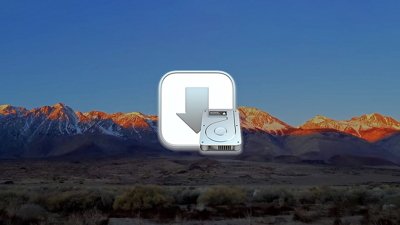
 Chip Loder
Chip Loder
 Oliver Haslam
Oliver Haslam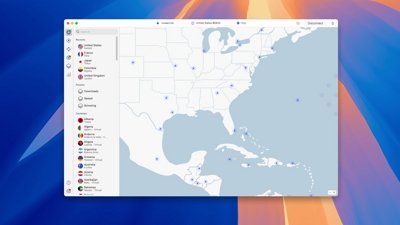
 Malcolm Owen
Malcolm Owen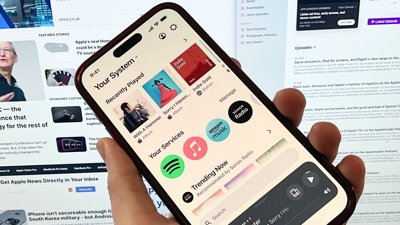
 William Gallagher
William Gallagher
 Amber Neely
Amber Neely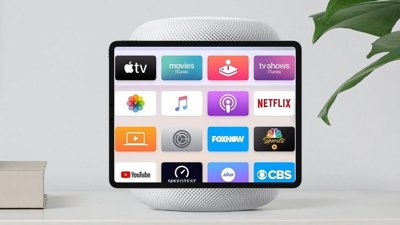
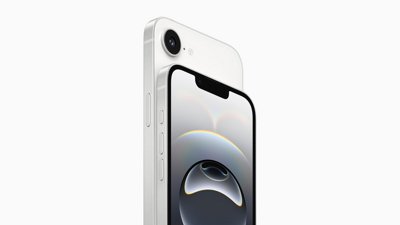
 Andrew Orr
Andrew Orr







5 Comments
AS EXPECTED ! FUTURE for MAC is BETTER.
MY WALLET IS ON FIRE!!!
But, I won't be getting any of them just yet for two reasons...
A ) I want to see how well the transition to Apple Silicon code is by third-party devs
B ) The new M1 MBP only has 2 TB/USB4 ports, which is a downgrade I cannot afford since I regularly use all four ports on my current Intel rMBP
I'm guessing the reduction of port capacity is an issue with Intel's TB/USB4 spec fitting into the new SoC package, or some licensing issue.
I'll wait for the next generation of machines (probably next year) to see if they bring back the two lost ports, and check in on devs transition, before making the plunge.